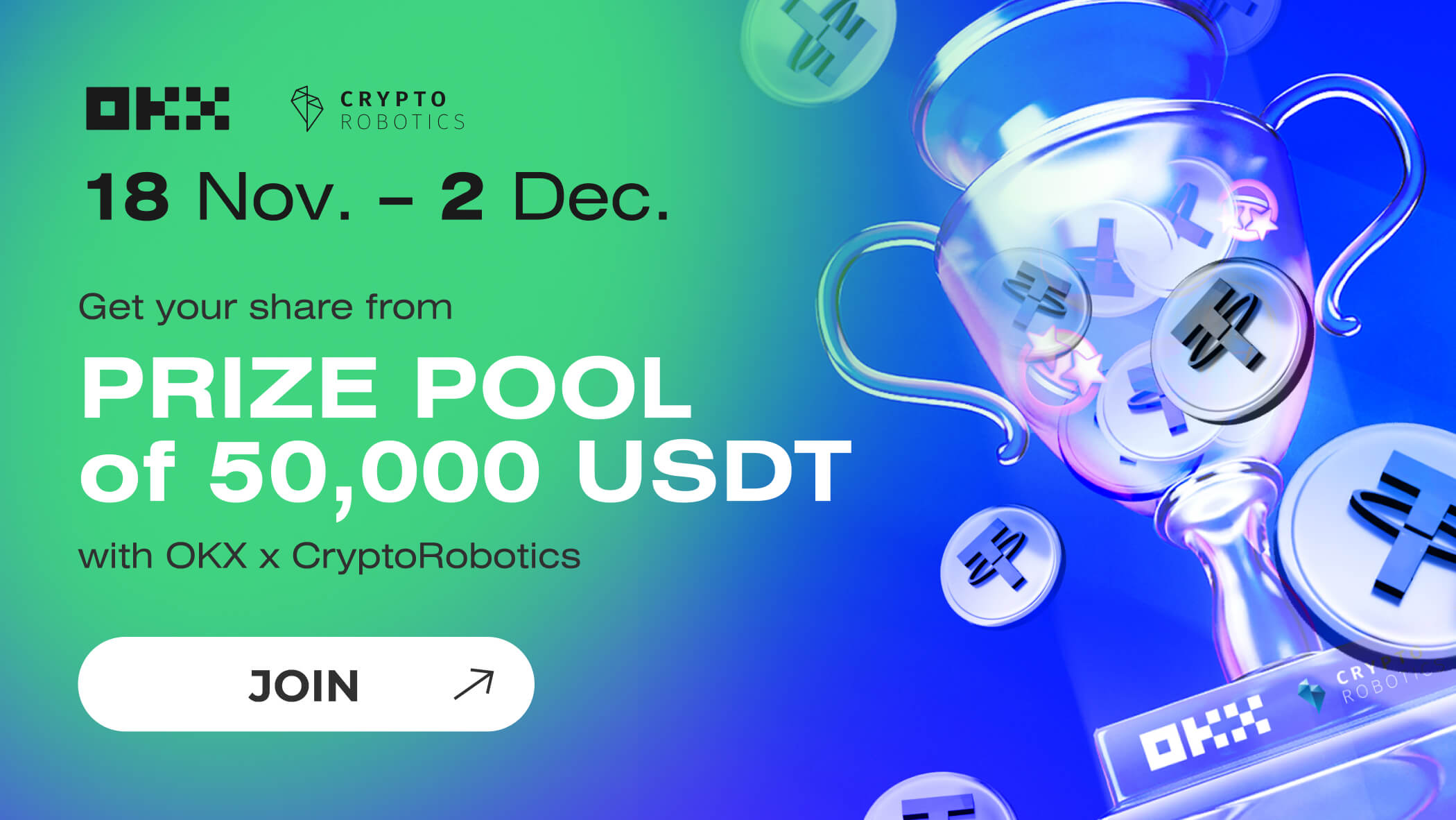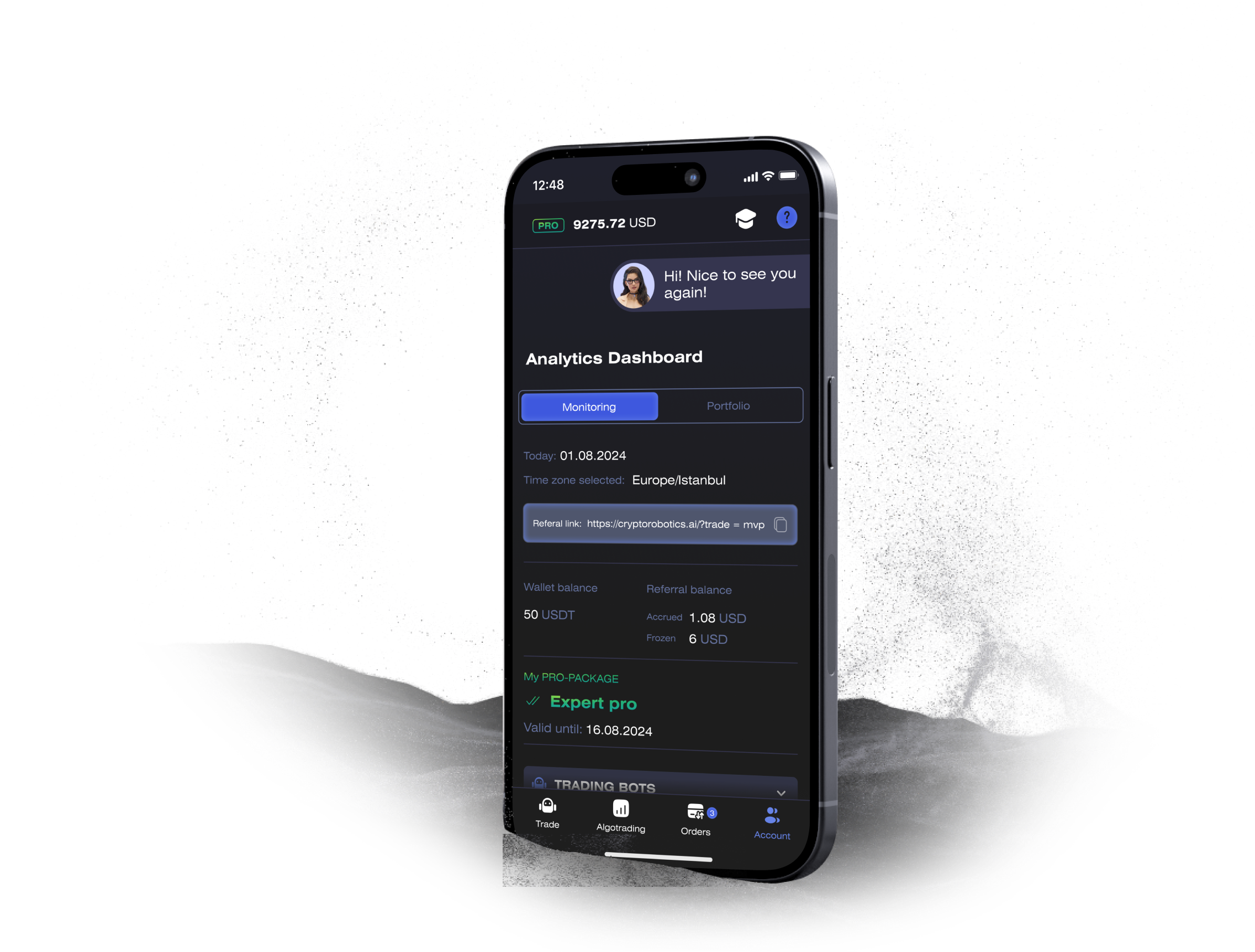Published: November 15, 2024 at 2:50 am
Updated on November 15, 2024 at 2:50 am




I’ve been in the crypto game for a while now, and one thing I’ve learned is that picking the right exchange platform for cryptocurrency can make or break your trading experience. With so many options out there, it can feel overwhelming. But don’t worry, I’m here to share what I’ve discovered along the way—both the good and the bad.
When I first started, I didn’t know about all the different crypto platforms available. Now, as a more seasoned trader, I understand how crucial it is to evaluate these platforms based on a few key factors.
First off, let’s talk about fees. Man, they can eat into your profits faster than you think. That’s why I always look for exchanges with low and transparent fee structures. If you’re like me and trade frequently, this will save you a ton in the long run. Some strategies I’ve picked up include using limit orders to avoid higher taker fees and taking advantage of native tokens offered by exchanges for discounts.
Then there’s security. This one’s non-negotiable for me after hearing horror stories of hacks where users lost everything because they were on a dodgy platform. Centralized exchanges (CEXs) are often targets since they hold large amounts of user funds in one place. While they usually have good security measures in place, it still pays to be cautious. On the other hand, decentralized exchanges (DEXs) have their own risks but at least you’re not relying on some company to keep your coins safe.
User interface is another factor that can’t be overlooked. If a platform isn’t intuitive or easy to navigate, it just adds unnecessary stress to trading—something we don’t need more of! And let’s not forget about reputation; reading cryptocurrency exchange reviews has become part of my routine before committing to any new platform.
As I dug deeper into crypto trading platforms, I found myself at an interesting crossroads: centralized versus decentralized exchanges.
Centralized exchanges are like banks—they hold your money and facilitate trades between users—but they also make you vulnerable if they get hacked (looking at you Mt Gox). Decentralized exchanges allow you to trade directly without an intermediary but come with their own set of complexities and lack customer support when things go wrong.
For now, I’ve settled on using both types depending on my needs at any given moment; however it’s essential that I’m aware of their respective risks!
So here we are at the end of my little journey through crypto exchange evaluation criteria! To summarize:
By following these guidelines—and maybe even sharing them with fellow traders—I hope they’ll help others find their perfect fit too!
CryptoRobotics is committed to delivering transparent and reliable reporting in alignment with the principles upheld by the Trust Project. Every element within this news piece is meticulously crafted to uphold accuracy and timeliness. However, readers are encouraged to conduct independent fact-checking and seek advice from qualified experts before making any decisions based on the information provided herein. It's important to note that the data, text, and other content presented on this page serve as general market information and should not be construed as personalized investment advice.
Access the full functionality of CryptoRobotics by downloading the trading app. This app allows you to manage and adjust your best directly from your smartphone or tablet.
